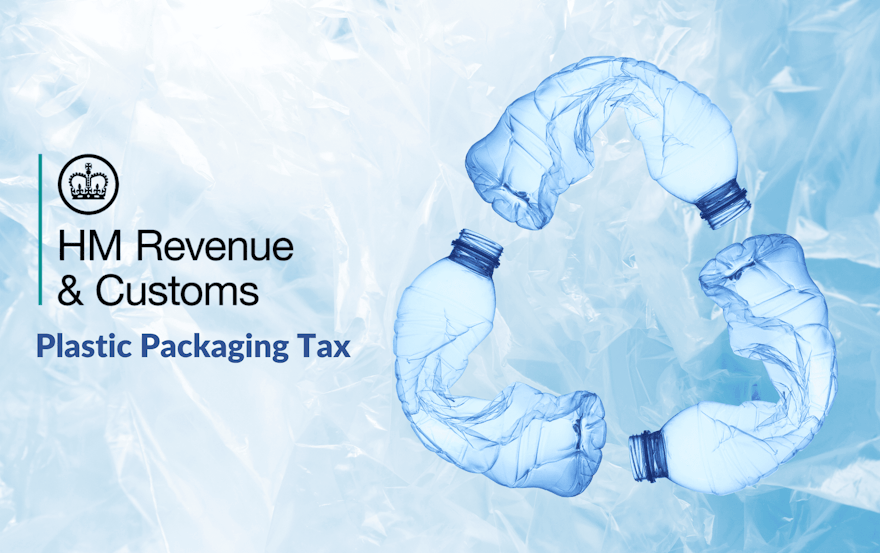Plastic waste is a significant challenge in the UK, with households alone generating approximately 2.5 million metric tonnes of plastic packaging waste annually. To address this, the UK’s Plastic Packaging Tax (PPT) is driving businesses to adopt more sustainable practices. Introduced in April 2022, the tax applies to businesses that manufacture or import 10 tonnes or more of finished plastic packaging components within a 12-month period. If your business falls within this threshold, understanding the implications of PPT is essential for managing costs and compiling with evolving sustainability legislation.
What Does the Plastic Packaging Tax Mean for Businesses?
The UK Plastic Packaging Tax (PPT) has put sustainability squarely on the agenda for businesses, urging them to reconsider their packaging strategies. At £217.85 per tonne, this tax applies to plastic packaging with less than 30% recycled content. It’s a significant cost that applies to UK manufacturers and importers handling over 10 tonnes of plastic packaging annually.
This isn’t just another compliance hurdle; it’s a call to action. The PPT has been designed to drive meaningful change, encouraging businesses to prioritise more sustainable packaging solutions. Non-compliance could see costs rise steeply, making it critical to rethink your materials and approach.
So, how do you know if the PPT applies to your business? It starts with understanding the 10-tonne threshold. This includes all plastic packaging you manufacture or import—whether it’s empty or contains goods. Even packaging exempt from the tax, such as that used for transporting goods, still counts toward this threshold.
The good news? There are smarter ways to avoid these costs while aligning with environmental goals. Increasing recycled content to over 30% or adopting reusable packaging can not only exempt you from the tax but also improve your brand’s sustainability credentials—a win for both your bottom line and the planet.
More than ever, it’s essential to take stock of your packaging strategy, audit materials, and explore alternatives like reusable systems or innovative designs. By making the right changes, businesses can turn what might seem like a financial burden into a strategic opportunity for growth and positive environmental impact.
How Reath Can Help You Navigate PPT
Navigating the complexities of PPT compliance requires the right tools and insights. Reath supports businesses with solutions designed to simplify compliance and optimise packaging strategies.
Packaging Comparison Feature
Reath’s Packaging Comparison Feature evaluates different packaging options, providing data on cost, carbon impact, and compliance with both PPT and EPR. By comparing materials, recyclability, and overall lifecycle impacts, this feature helps you make informed decisions that reduce costs and meet regulatory requirements. Find out more
Track and Trace for Reusable Packaging
Our track-and-trace system enables businesses to shift to reusable packaging with confidence. By tracking individual items, you can ensure compliance, measure reuse rates, and identify opportunities to further reduce plastic waste. Find out more
Digital Product Passports
Reath’s Digital Product Passports offer transparency into packaging composition and lifecycle, helping businesses demonstrate their sustainability efforts to regulators and consumers. Find out more
Building a More Sustainable and Cost-Effective Future
The UK Plastic Packaging Tax is more than a regulatory hurdle—it’s an opportunity to lead in sustainability. By prioritising materials with higher recycled content, adopting reusable systems, and leveraging tools like Reath’s Packaging Comparison Feature, businesses can lower their tax liabilities while reducing their environmental footprint.
Want to explore how Reath can help you reduce your costs from PPT and optimise your packaging strategy? Contact us today to find out more.

